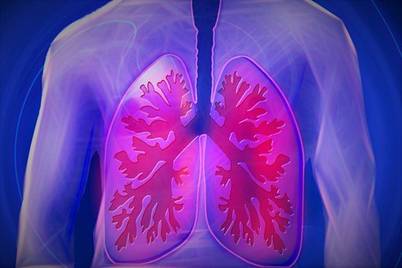New hope for COPD patients possible with in-home device
 Researchers say that there may be benefits of in-home non-invasive ventilation therapy for many patients with chronic obstructive pulmonary disease (COPD). Researchers said there are several benefits, including lower mortality, fewer hospital admissions, lower risk of intubation, improved shortness of breath, and fewer emergency department visits.
Researchers say that there may be benefits of in-home non-invasive ventilation therapy for many patients with chronic obstructive pulmonary disease (COPD). Researchers said there are several benefits, including lower mortality, fewer hospital admissions, lower risk of intubation, improved shortness of breath, and fewer emergency department visits.
A study by Mayo Clinic researchers, published February 4, 2020 in JAMA, looked at the use of a non-invasive ventilation or a machine with a mask that helps to improve breathing to treat chronic hypercapnia, a condition impacting many of the 15 million COPD sufferers. Hypercapnia, which is the retention of carbon dioxide may lead to acute respiratory failure and hospitalization.
“Although there is ample evidence supporting in-hospital use of breathing devices such as (bilevel positive airway pressure) BiPAP, until now, we didn't know which benefits may be available when we send people home with a new piece of equipment. There were indications that at-home therapy might be beneficial, but there were conflicting studies and guidelines as to what would be best for our patients,” said Michael Wilson, M.D., a pulmonary and critical care physician at Mayo Clinic, who led the study.
Wilson’s team combined all available peer-reviewed and other expert literature for relevant randomized clinical trials and comparative observational studies. They reviewed more than 6,300 citations, finding 33 studies evaluating outcomes for 51,085 patients with COPD. What they found was that the use of a non-invasive ventilator device led to fewer emergency department visits and hospitalizations, and lower rates of intubation if patients were admitted to the hospital.
While some studies showed better quality of life, other studies showed no difference. Patients with COPD should talk with their physicians to determine whether a breathing device, such as a BiPAP machine, might be the right choice for them.
For more information about the study, visit Science Daily.

